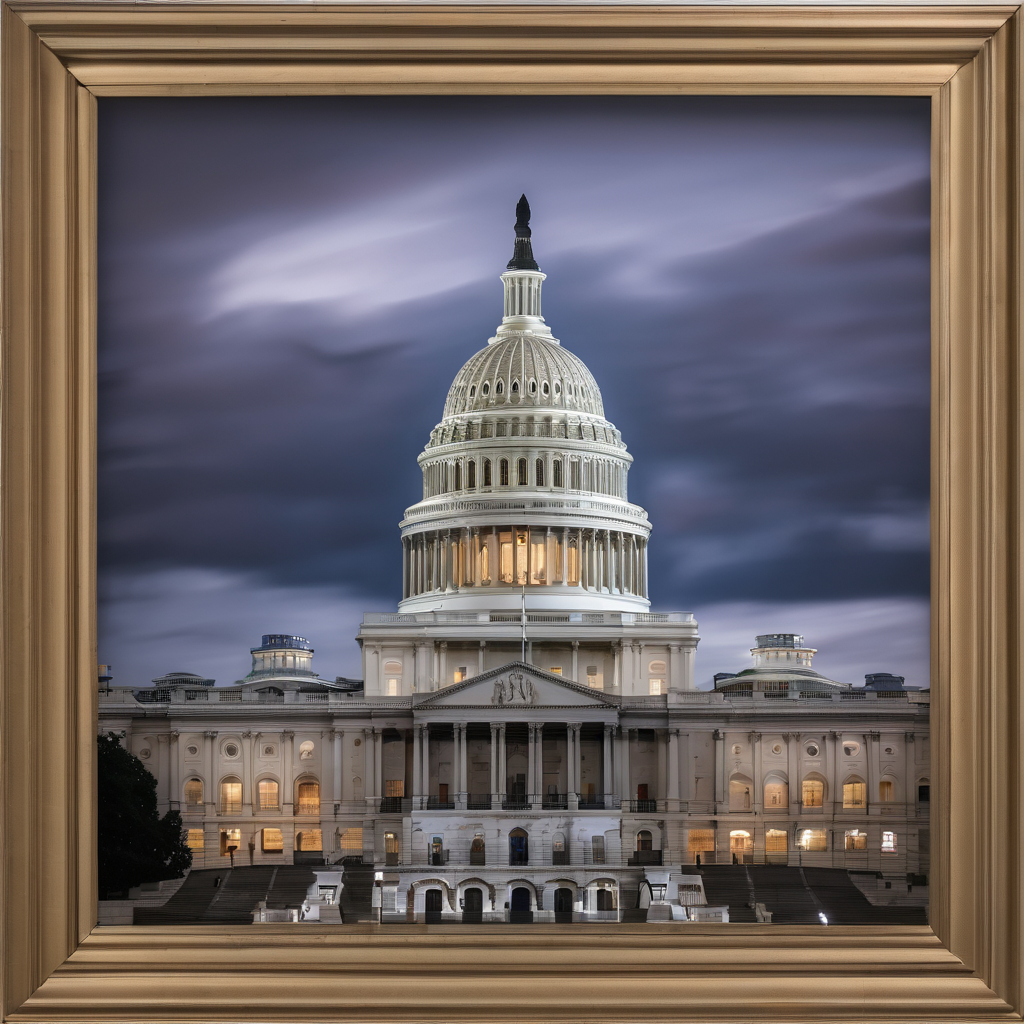The U.S. government is teetering on the edge of a shutdown following the Senate’s failure to pass a crucial funding extension. A Senate vote of 55-to-45 against prolonging government funding has led to an immediate halting of non-essential government activities, affecting services such as air travel and delaying significant reports like unemployment statistics. The deadlock is rooted in stark political divides, with Democrats insisting on including healthcare subsidies in any spending bill, while Republicans demand that these issues be addressed separately.
President Donald Trump’s actions have further intensified the situation. He has threatened to cut programs favored by Democrats and has proposed a reduction in the federal workforce, which is already experiencing significant departures. More than 150,000 employees have recently opted for a buyout, marking the largest exodus in decades.
The political climate has become increasingly fraught, with agencies like the Justice Department and the Social Security Administration blaming Democrats for the looming shutdown in communications with their staff, breaking norms that traditionally shield government workers from political pressure.
This isn’t the first time the U.S. has faced budgetary gridlock due to political dysfunction. Previously, efforts to push through comprehensive tax-cut and spending bills have illuminated similar issues. President Trump’s fiscal policies have faced bipartisan criticism, particularly for measures perceived to favor the wealthy while potentially adding $4.5 trillion to the national debt. These policies have sparked concerns about fiscal irresponsibility in the face of an already ballooning deficit.
The current crisis highlights the broader challenges within U.S. governance regarding maintaining fiscal responsibility while meeting social needs. Despite the ongoing impasse and political tension, hope remains for a resolution that prioritizes economic stability and the provision of essential services to millions of Americans. As negotiations continue, this situation serves as a reminder of the need for unified and cooperative policymaking to foster growth and promote public welfare.
